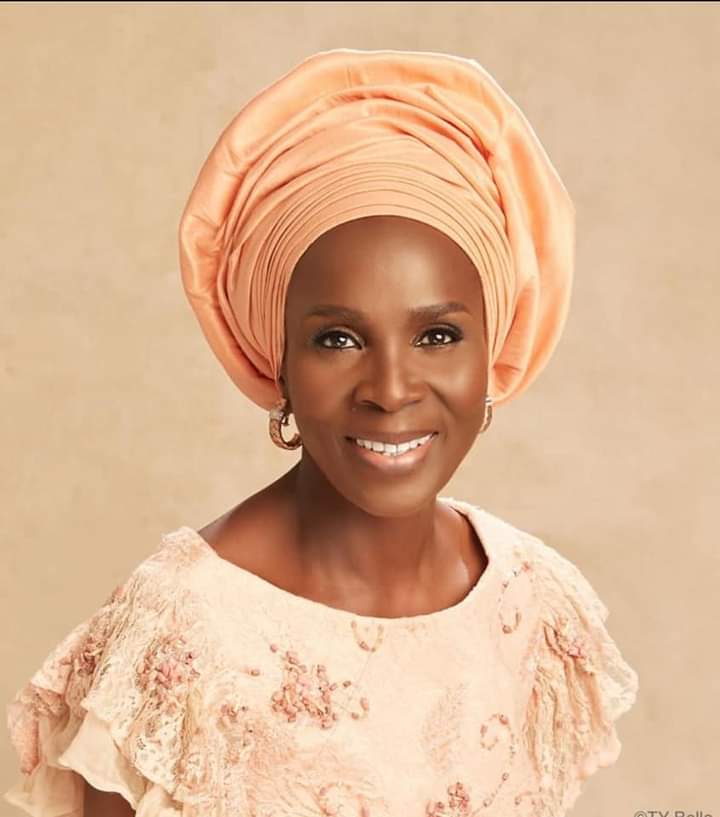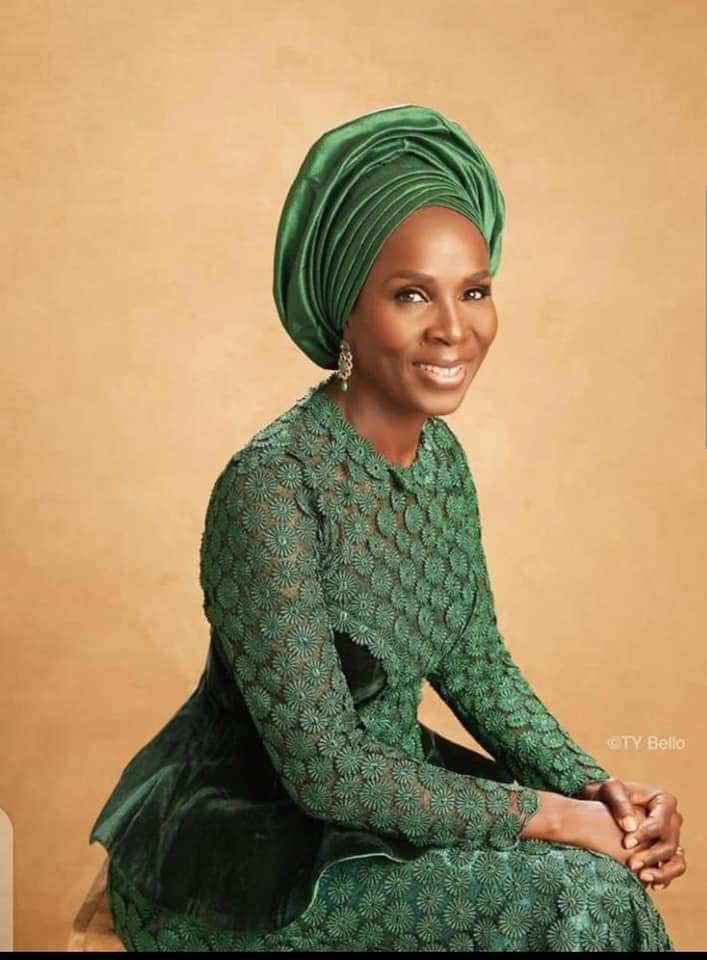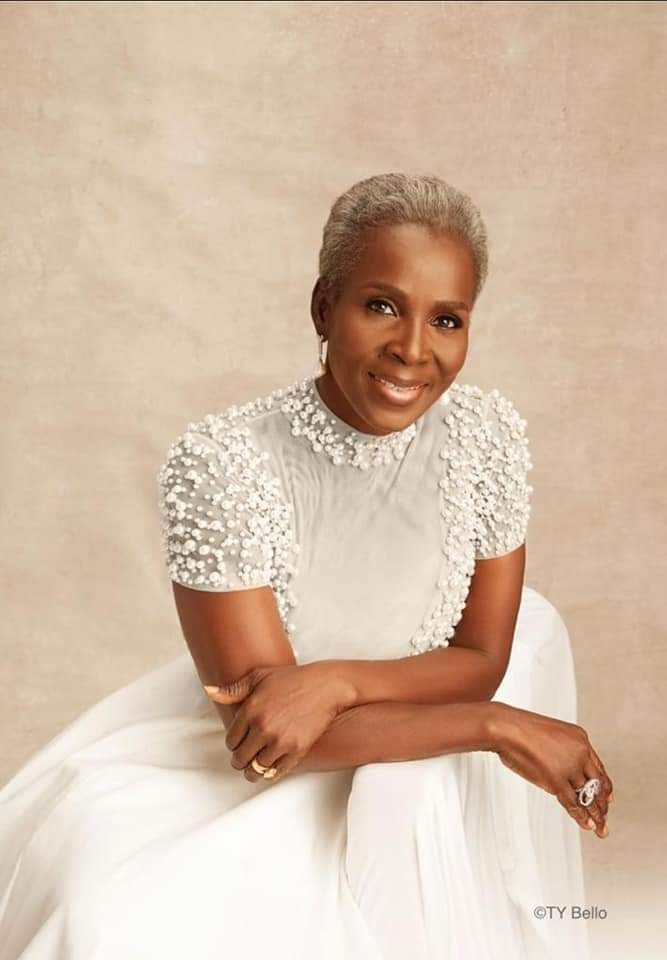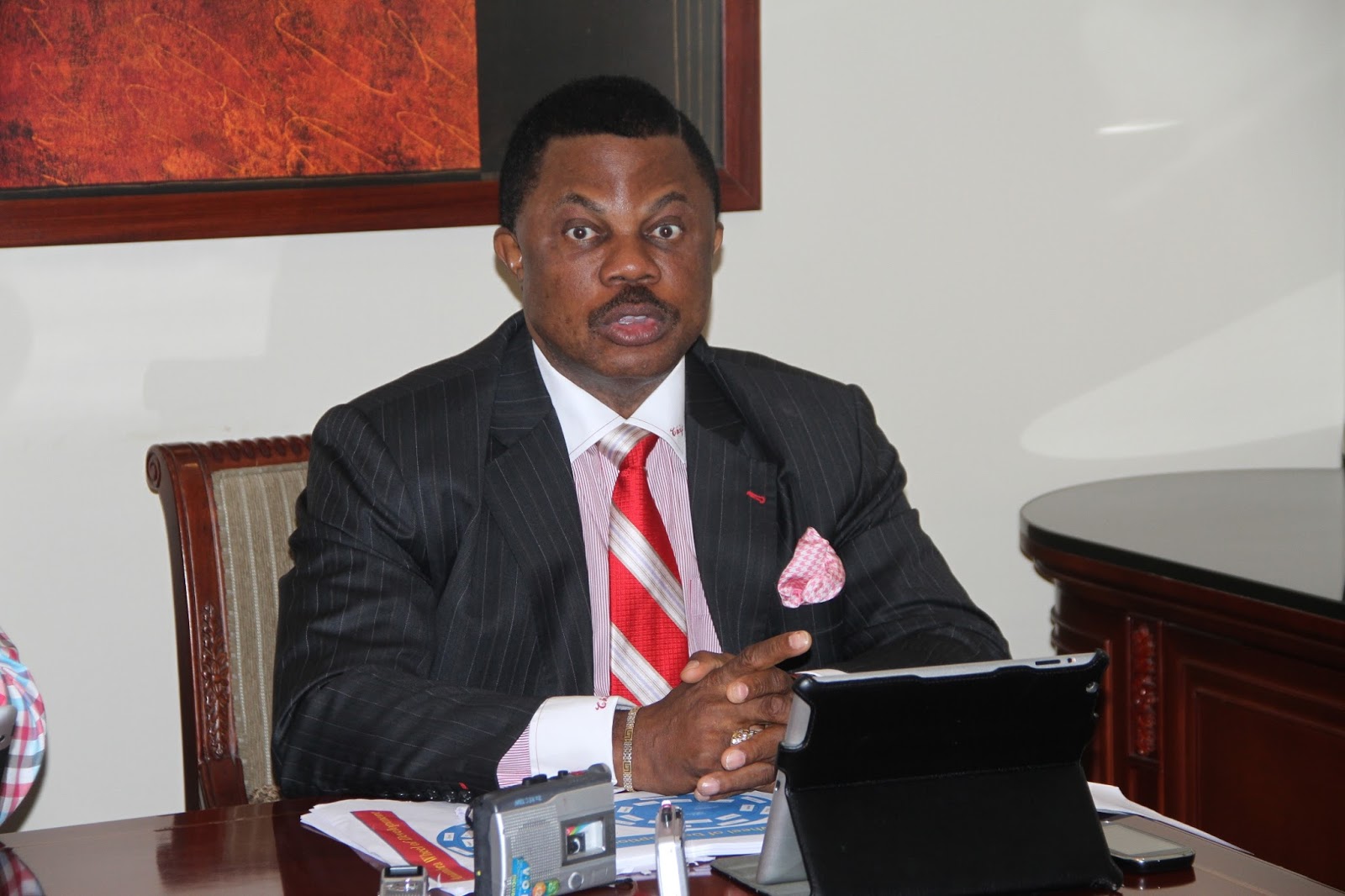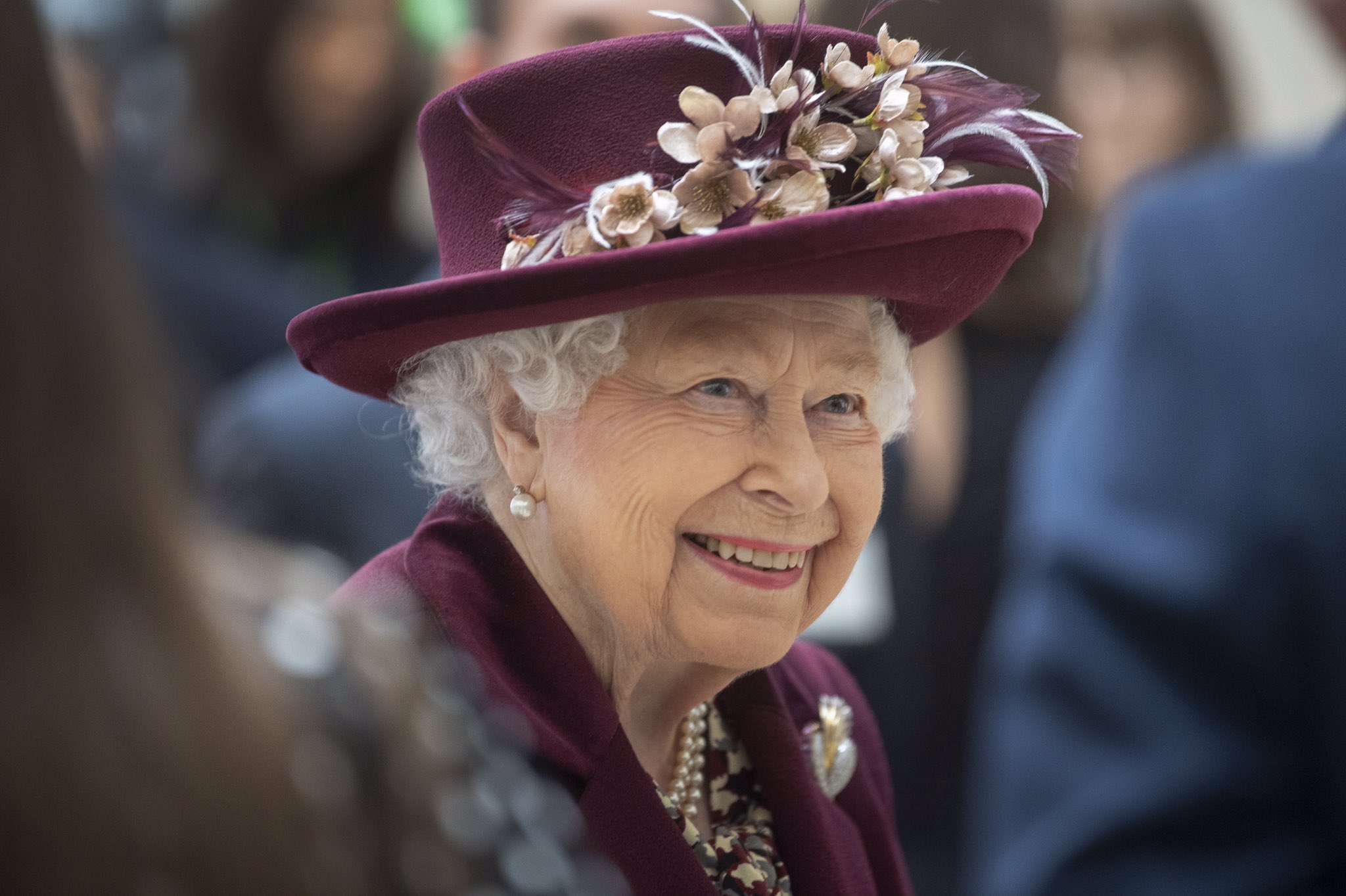By Chidi Amuta
Poverty and inequality in capitalist society often find cruel justification in enabling theologies. Says the Christian gospel according to St. Matthew: “Whoever has will be given more, and they will have an abundance. Whoever does not have, even what they have will be taken away from them” (Matthew 13:12). In other words, the systematic and progressive impoverishment of the poor and the further enrichment of the rich is the unstated driving principle of wealth creation in a free market system. For those who feel undue discomfort with the perennial presence of the poor in our midst, there is an even more depressing solace from the same St. Mathew: “… the poor you will always have with you.” (Matthew 26:11). This is what is called the Matthew effect.
If left unchecked and allowed to drive the logic of society, the Matthew Effect would produce the classic dog-eat-dog society that is unsafe for both the rich and the poor. The poor will get so desperately needy that they will turn on each other and also perennially hound the rich. On their part, the rich will retreat into gilded cages and use the mechanism of their dominance of the state to further weaken the poor by deepening their desperation. A dangerous vicious cycle is born. Those who use peaceful sleep as a measure of social peace and security would then argue that the rich cannot sleep safely because hunger is keeping the poor awake. A society of restless vagabonds and wealthy insomniacs.
We are right in the grip of this gruesome beast. See what we have: endless power tariff increases, frequent hikes in gasoline pump prices, astronomical increases in food inflation, increases in house rents, healthcare and education costs are all systemic instances of a disproportionate taking away from those who ‘hath not’. On the other hand, we have hidden tax reliefs for the rich, tax rebates for dubious charitable causes, concessions on corporate taxes, differential exchange rates to favour some imports, free SUVs for elite political office holders and free gasoline allowances to hurl these vehicles around town and country- all amount to adding onto those who already have too much. In the process, we are fuelling a sea of poverty and increasing the inequality gulf. A society that simultaneously increases the population of the poor and the gap between the stupendously rich and the abjectly poor is a festering ground for vicious insecurity. Present day South Africa is our nearest destination on this untidy journey.
The role of the state ought to be the mitigation of this conflict to create a reasonably fair society in which the rich can create more wealth to pay for the welfare that reassures the poor that upward mobility is possible. Unfortunately, our own state has in fact become the key driver of inequality and generator of mass poverty. Governance that does not create opportunities for citizens to pursue their dreams can only end up diminishing the frontiers of national greatness. The excuses and argument have always been the same: Government needs money to fund its systemic profligacy and institutional excesses. So, it can, as in Mr. Buhari’s case, borrow and spend money like a drunken sailor under the guise of infrastructure development and all manner of silly pageants and ceremonies. Meanwhile, the task of creating a fair society remains unaddressed, drowned in political bluster while the nation sinks.
According to the 2019 Poverty and Inequality Report of the National Bureau of Statistics(NBS), 40% of Nigeria’s estimated population of 220 million (about 83 million people) live under the poverty line of N137,430 which is $381.75 per annum. This comes out as a little over a dollar a day for this sea of humanity. The government has rounded up the size of Nigeria’s poverty republic to 100 million, making us now the much celebrated presumptive ‘poverty capital’ of the world.
Yet a society that has been so prolific in producing and reproducing
poor people has also been remarkable in recent times in producing individuals whose quantum of wealth and display of garish ostentation would suffocate the most decadent clans of affluent humanity. By generating so much poverty, we have created a society that is celebrating the immorality of excess. We are witnessing the elevation of cash into a deity worshipped by most. See the recent cash deluge at the Oba burial of Mr. Obi Cubana’s mother. See the garish open bazaars and worship of cash at parties, burials, weddings etc. A new theology of affluence has arisen in the most unlikely places, our university campuses. Undergraduates now spend more time on laptops perpetuating assorted cybercrimes than listening to impoverished lecturers and professors.
In recent years, Nigeria has become the home of one of the largest populations of poor people in the world. An estimated poor population ratio of 40-50% of the total population is not exactly a flattering statistic. The causes are many and varied but all come down to a mismanaged mismatch between resources and demographic trends. Equally, to be blamed is our continuing over dependence on oil and gas rents and royalties as the mainstay of our economic survival. In a world that is moving decisively away from hydrocarbons to alternative cheaper energy sources, our oil dependency syndrome spells certain disaster. Consequently, the resource base of the federal government has continued to come under increasing severe pressure with the attendant devaluation in the extent and quality of basic social services and the major indices of human development.
The population of the country has grown exponentially from 55.98 million in 1970 to over 201 million in 2019 and about 215 million today. Similarly, our per capita per head has grown from $224 in 1970 to $2,149 today but the purchasing power of the current higher figure is less than what the smaller figure could buy in 1970. Only an average of 20% of Nigeria’s 1970 population could be regarded as poor while over 48% to 55% of today’s population is functionally poor. Poverty today is defined by the World Bank and other multilateral financial institutions as people living on less than $2 a day.
With a very young population, Nigerians aged under 45 constitute an estimated 38% of the total population. Since 1970, Nigeria has continued to depend on oil and gas royalties for 95% of its foreign exchange revenue. With a steady decline in foreign direct investment inflow (recently a decline of over 70%) and a declining manufacturing sector in recent years, the economy has been unable to generate employment at a rate to cope with the demographic increase and the pace of production of skilled manpower and educated people especially the teeming youth population.
A youth bulge has resulted in stratospheric unemployment figures (currently nearly 35%) while secondary and tertiary institutions have increased exponentially and continue to spew out unemployed youth onto the streets of decaying urban centres.
Poverty has produced an anarchic population as life has become a scramble and a hustle among the many. Poverty induced criminality has sent crime statistics through the roof nationwide resulting in the culture of perennial insecurity that now haunts the nation. A resource poor treasury has led to considerable decay in the capacity of the state to equip the armed and security forces adequately to contain an upsurge in crime and militant nationalism.
The prevalence of poverty is clearly the greatest threats to our national security. In a curious sense, however, poverty has become a leveler and a unifier even in a time of political and ethnic fundamentalism and divisiveness. There is no functional difference between the poor man or woman in Maiduguri and the one in Port Harcourt; between the poor woman in Yenagoa and their opposite number in Sokoto. They all speak the same dialect of the Nigerian language. They are hungry, homeless and sometimes hopeless. Nearly all the troubles that confront us as a nation can be traced to either direct poverty or the fear that the ogre of poverty could rise one day to devour the fortunes of the rich and prosperous.
Nigeria’s inequality is not just class inequality alone. There is also a stark regional inequality. There is first a north-south divide in the inequality index. Then within the north itself, there are further subdivisions. In the North Western states, poverty rate is higher at about 81% in Sokoto but a lower 31% in Niger state. Adamawa, Yobe, Sokoto, Taraba, Zamfara and Jigawa have an average of 78% poverty rates, all far above the national average. In the southern states, the percentage is much lower, tapering into single digits in Lagos and some other sourthern states.
What makes Nigeria’s poverty and inequality more dangerous is that they have in the last three decades become increasingly endemic. If you are poor, the chances that the children you labour to send to college on your artisanal incomes will break out of the poverty cycle is becoming rare. Only the very exceptional child of poor underclass parents stand a chance of securing meaningful let alone earning an income that could liberate them from the poverty cycle of their origins. Poverty is now being passed down from generation to generation. The artisan’s son who graduated from university may end up an Okada rider or Keke operator, a frustrating and tragic downward mobilityof sorts.
In some fairness, the Buhari administration has correctly identified increasing poverty and inequality as a crisis point. In his 6th anniversary broadcast to the nation in May, the president credited his administration with having migrated a contentious 10 million people out of poverty. In the absence of reliable statistics, no one knows who these are and where they live. The President has followed up this claim with a renewed commitment to lift a total of 100 million Nigerians out of poverty over a ten year period. For a president who has less than 17 months to leave office, this can only be a political commitment made on behalf of future administrations.
Meanwhile, the administration has embarked on a cocktail of measures targeted at reducing desperate poverty among the most vulnerable segments of our populace. These include the various Direct Cash Transfer Schemes, micro credit Trader Money, the School Feeding Programme, the Small to Media Enterprises credit scheme, the various Agricultural Credit Schemes and Anchor Borrowers Schemes. It is hoped that these schemes will over time converge to reduce the magnitude and demographics of the poor in our midst.
Easily the most systematic and well thought out poverty alleviation programme in our history was undertaken under the Babangida administration (1985-1993) It included the establishment of Community Banks, People’s Bank, a comprehensive rural development drive under the defunct Directorate of Food, Roads abd Rural Infrastructure (DFRRI), the Directorate of Employment, NERFUND, the Mass Transit Programme etc.
Lack of sustainability and inter regime disruptions have invalidated most of these measures.
In a quest for genuine models f poverty and inequality reduction, Nigeria is not alone. Other major countries with huge populations have since recognized that they cannot achieve genuine development unless they tackle the scourge of poverty and inequality. In this regard, the strides of China, India and Brazil should be instructive.
China’s achievement in poverty reduction has been described as a modern day miracle. According to the World Bank, a total of 850 million people have been lifted out of poverty in China in the last 20 years. The poverty rate fell from 88% in 1981 to 0.7% in 2015. This is poverty as measured by the percentage of people living on $1.90 or less per day by 2011 purchasing power parity terms. This translates into an average poverty reduction rate of 42 million people per annum. In total, the Chinese have reduced their poverty rate by over 60% of the population in 20 years.
China’s strategy focused on the poorest people in the rural areas. It massively moved them from poor homes in the countryside to apartment blocks in urban areas. This has led to rapid urban renewal and the uplifting of the standards of hygiene and living among the former slum dwellers with a corresponding economic empowerment.
Factors in China’s macro economic environment helped in the process. The adoption of a market economy and increased economic activity have been key factors. This was joined by an increase in the banked population as well as improvements in the stock market and an astronomical growth in foreign investments in the Chinese economy. Similarly, huge strides in technology especially Information Technology have converted massive demographics into a unified manufacturing hub and market.
India’s poverty reduction strategy is a systematic combination of strategies that has assured India of a modest poverty reduction rate of 13.65 million people per annum in the last twenty years. Various United Nations reports have acknowledged that in 10 years (2006-2016), India has lifted a record 273 million of its population out of poverty. This has been achieved through a series of rural development programmes targeted majorly at poverty alleviation in the rural areas. By targeting the rural areas, the Indian strategy resembles the Chinese one in general but is distinct in being based on specific programmes. There are four basic schemes in the Indian mode. The Rural Livelihood Mission(NRLM)
guarantees the rural poor access to finance to increase household incomes through access to credits for micro projects located in the rural areas. The Mahatma Ghandhi Rural Employment Guarantee Act 2005 guarantees individuals in rural areas a minimum of 100 days minimum wage employment. It is extended to rural families whose adult male members volunteer to do unskilled work in return for the guaranteed wage.
There is also the Rural Housing Guarantee Scheme designed to provide housing for all by the year 2022. It guarantees the rural poor access to permanent housing with electricity, LPG connections, pipe borne water and toilet facilities under an affordable mortgage arrangement that is both simple and affordable. To ensure that rural populations have access to essential goods, there is the Public Distribution System which aims to manage food distribution and reduce the scarcity of essential food items to rural dwellers at affordable prices.
Brazil’s poverty reduction strategy on the other hand is guided by a principle of numerical balancing. It aims at improving the incomes of those at the bottom of the economic ladder at a rate faster than those of people at the top and also faster than the rate of GDP growth. The result is that Brazil has been able to reduce both poverty and inequality simultaneously in the last two decades.
Between 2003 and 2009, 21 million people have been liberated from poverty. The Brazil National Institute of Applied Economic Research says that the country’s Poverty Incidence Rate declined from 35.8% to 21.4% between 2001 and 2009, a period during which the country’s Gini Index (which measures rate of inequality) dropped by 9%, the lowest since the 1970s.
Some key policy measures helped Brazil achieve this feat.
First is the “Bolsa Familia” which provides family income support for families whose per capita monthly income is less than $47. In return, families must ensure that they vaccinate their children against common childhood diseases. They must also attend routine primary health programmes and also ensure that their children remain in school. Compliance with these requirements is what assures people of continued participation and benefit from the family cash support programme. This has simultaneously helped in uplifting health standards as well as education participation among the poorest segments of the Brazilian society.
From the experiences of these other countres, there are clear lessons that Nigeria must learn and strategies we need to urgently adopt. First, our hope of reducing poverty must begin with addressing rural poverty. The poorest urban Nigerian is often many times better off than the most well off rural Nigerian. Therefore, we need to emulate the Chinese and Indian examples in focusing on the rural majority.
Secondly, we need to tie poverty reduction benefits to specific developmental sanctions and rewards like in the Brazilian model. In addition, our current land title and tenure systems need to be reformed. We need to remove encumbrances on rural land titles so that rural farmers can use such land to access credit from the banks and credit unions to raise their living standards.
Most importantly, Nigeria needs to more aggressively deploy the benefits of the digital revolution to reduce the poverty among our teeming masses. Through the Apps on our cell phones, a psychological inequality is already being addressed. We should now use those very Apps to accelerate the mobility of factors of production across the national space. If Nigeria does not face the scourge of poverty and inequality creatively and squarely, the insecurity lies ahead could consume the country.

![Roli Uduaghan stuns in beautiful 60th birthday photoshoot [PHOTOS]](https://thenewsguru.ng/wp-content/uploads/2021/09/FB_IMG_1632734737546.jpg)


